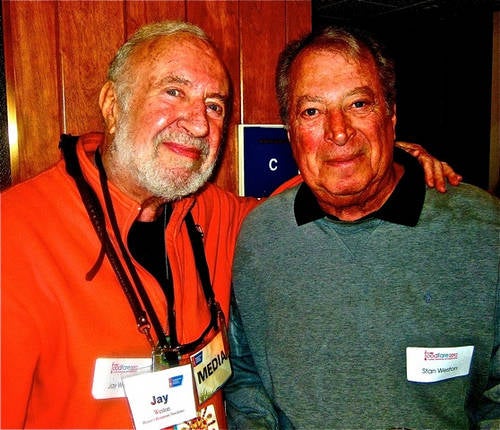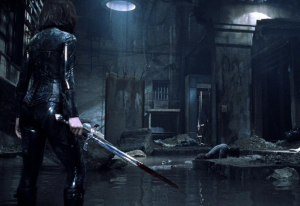Stanley Weston, the licensing and merchandising legend who invented G.I. Joe, has passed away. He was 84 years old.
Videos by ComicBook.com

Weston passed away on May 1 in Los Angeles, his family has confirmed. He was born in Brooklyn in 1933 and at 30 years old, sold the idea for what would become G.I. Joe to Hasbro. He had been developing the toy on his own for three years.
The Los Angeles Times describes Weston’s revelation being that young boys were an untapped market for the doll industry following the success of Barbie in 1960. Weston reportedly came up with the idea after seeing young boys playing with Ken dolls.
Weston himself had served in the military shortly after the Korean War ended. Upon returning home to the U.S., he got a job in the then-new field of licensing and, finding success there, eventually founded his own agency.
While the 12″-scale toys were a massive success right away, G.I. Joe found a new generation of fans in the 1980s when a smaller-scale, more articulated toy line was introduced. That line coincided with an animated series, which brought Weston’s most famous work to its largest audience yet.
Weston also helped create the 1980s hit ThunderCats which, while never as big as G.I. Joe, has been a consistent presence in popular culture via toys, cartoons and comic books for more than thirty years.
Weston’s agency, later named Leisure Concepts, would also represent properties in which he didn’t have a hand creating. He would represent Farrah Fawcett during her celebrity heyday, Nintendo and the World Wrestling Federation (both of which can certainly claim licensing and merchandising successes as being key to their rise to the top of their respective industries), and TV shows like ALF and Welcome Back, Kotter.
In 2015, Weston took Hasbro to court, hoping to terminate their claim on the G.I. Joe rights in 2020. While copyright laws allow for a creator to essentially terminate a sale after 35 years, it can be difficult to prove such a case. Generally courts will find that the corporation to whom the property was sold is the “statutory creator” and that the project was a work made for hire. Over the years, Hasbro has never denied Weston’s role in independently developing the idea and bringing it to the company.
The suit was settled last year.
In 1989, Weston joined George Lucas, Jim Henson, and Walt Disney in the inaugural class for the Licensing Industry Hall of Fame.








